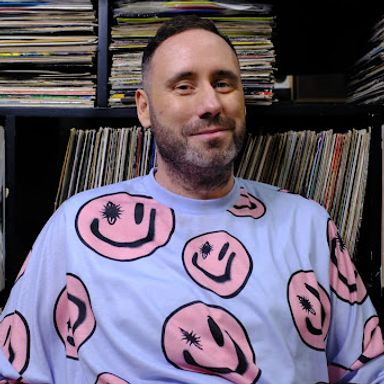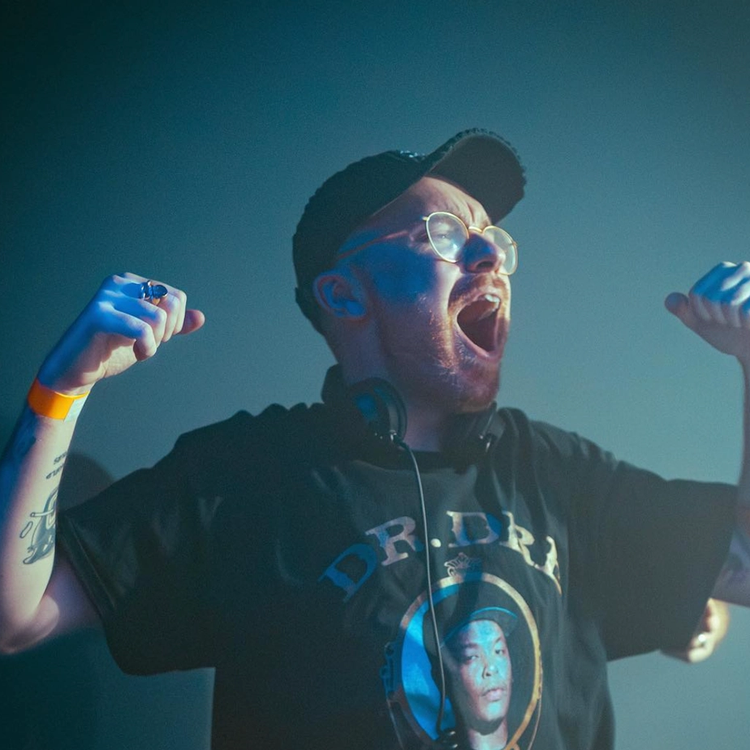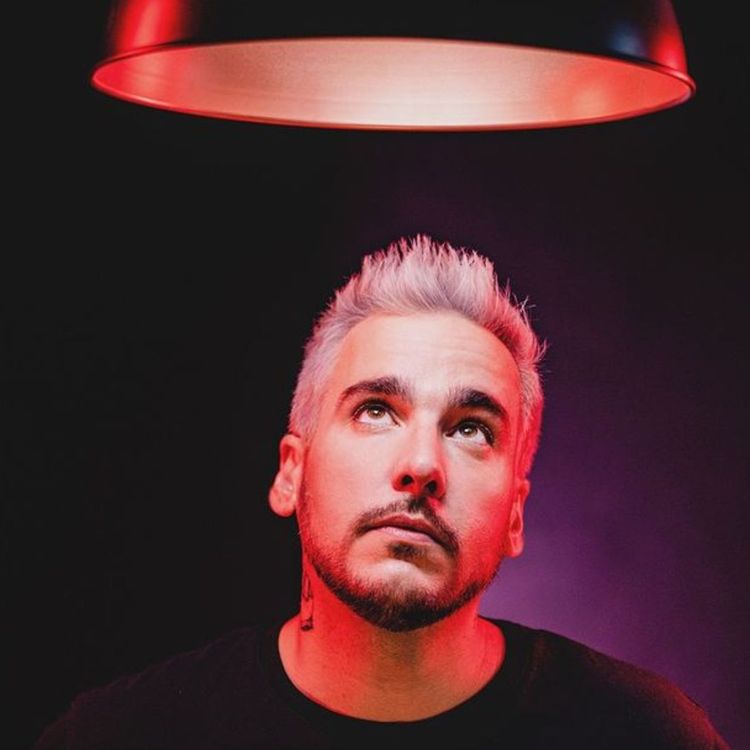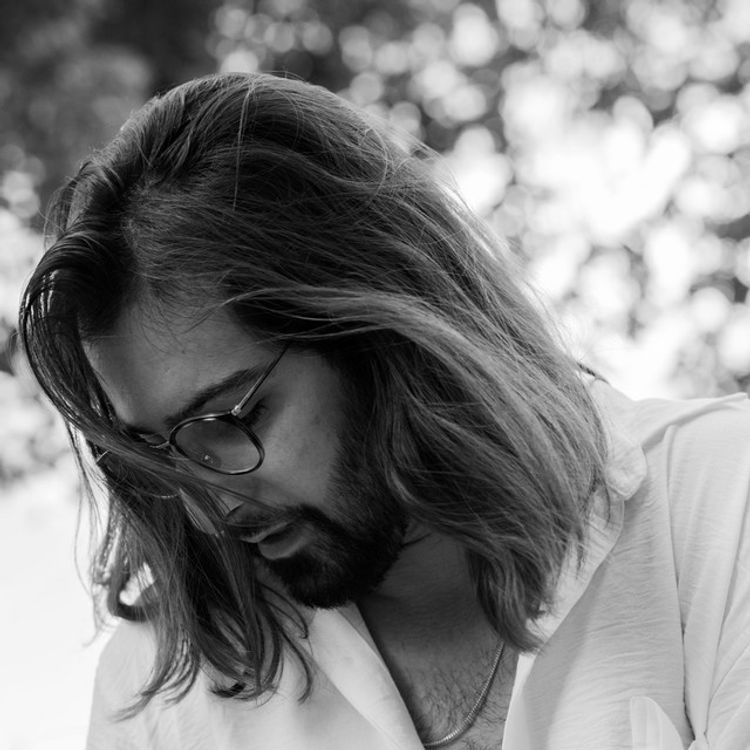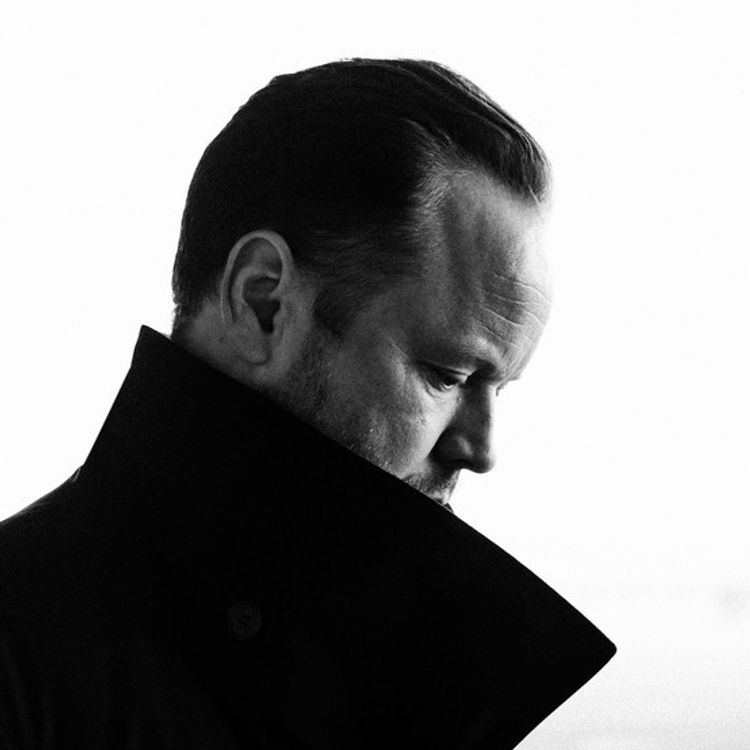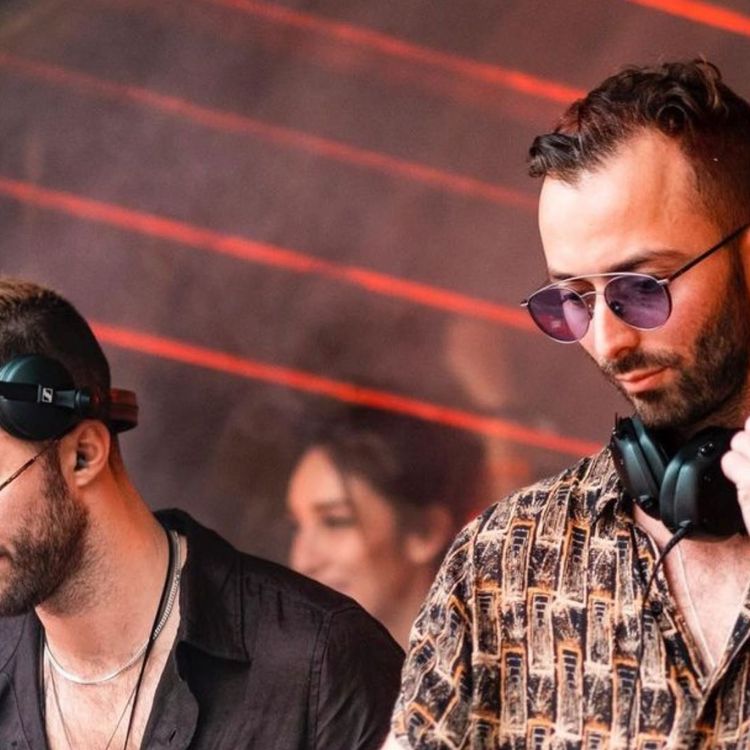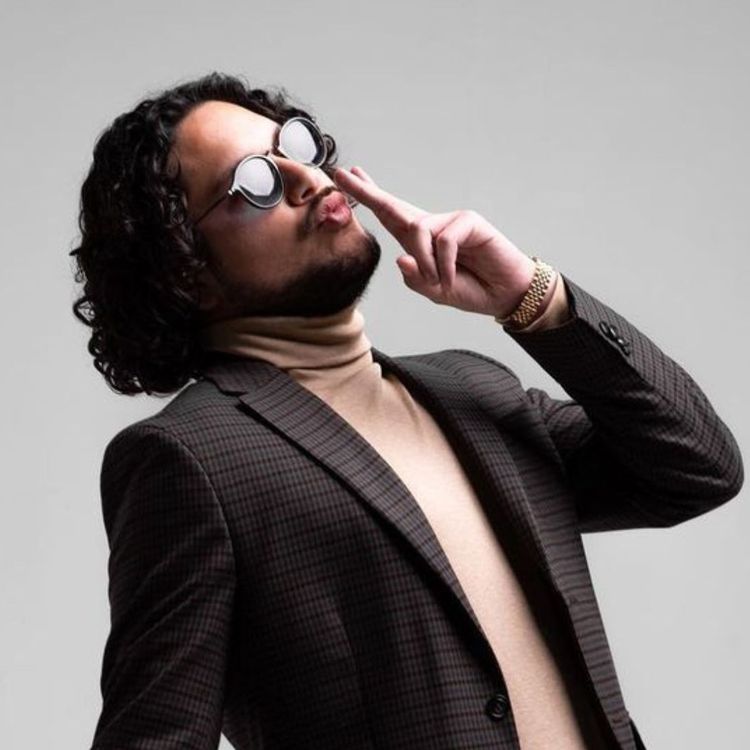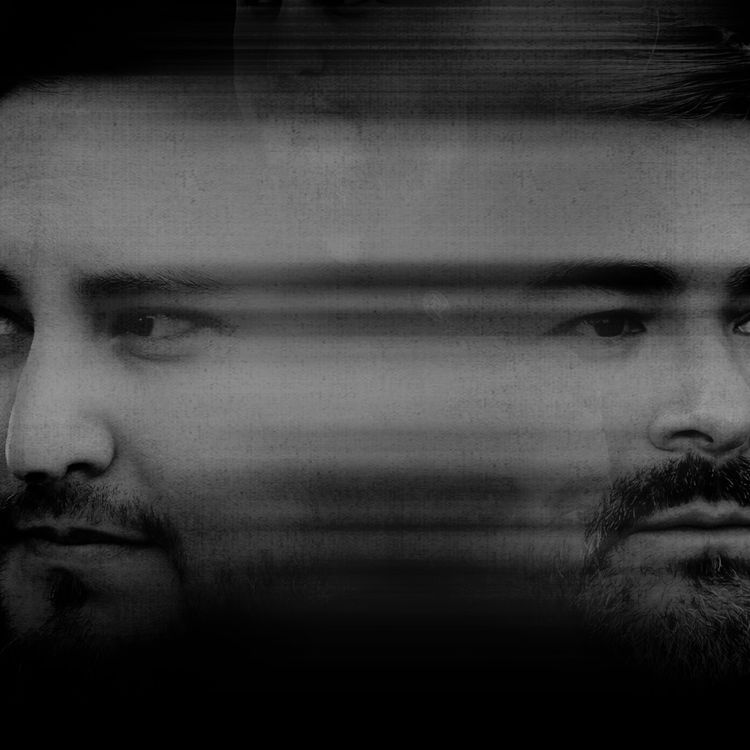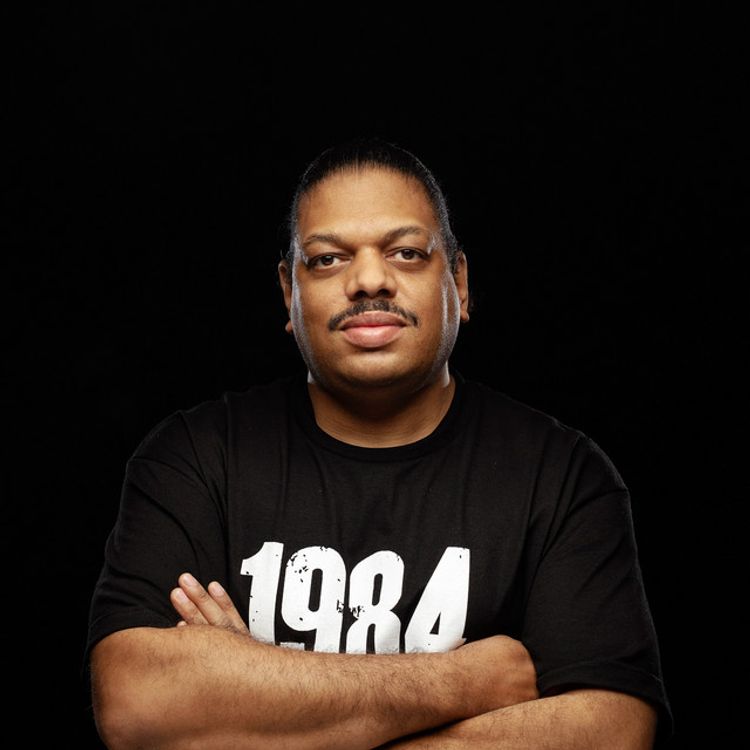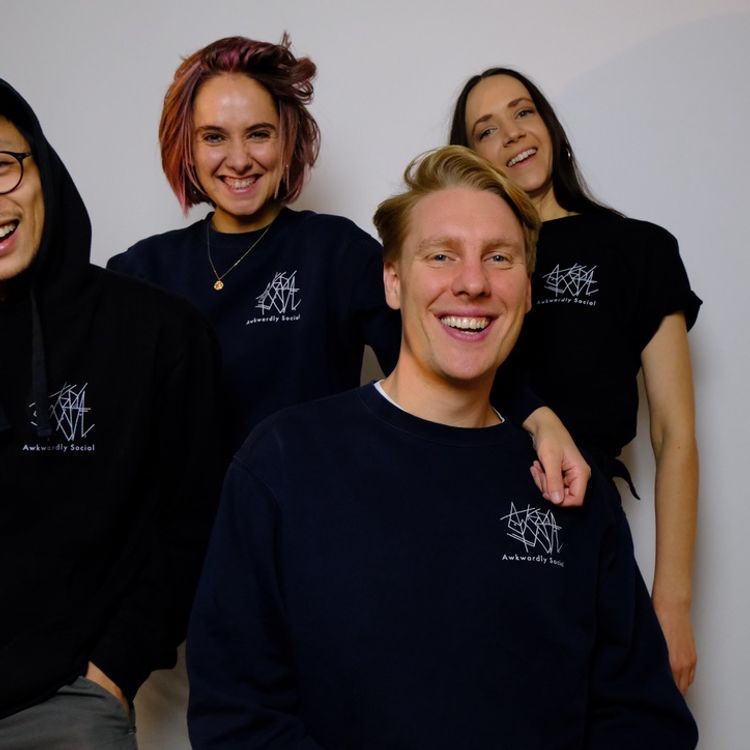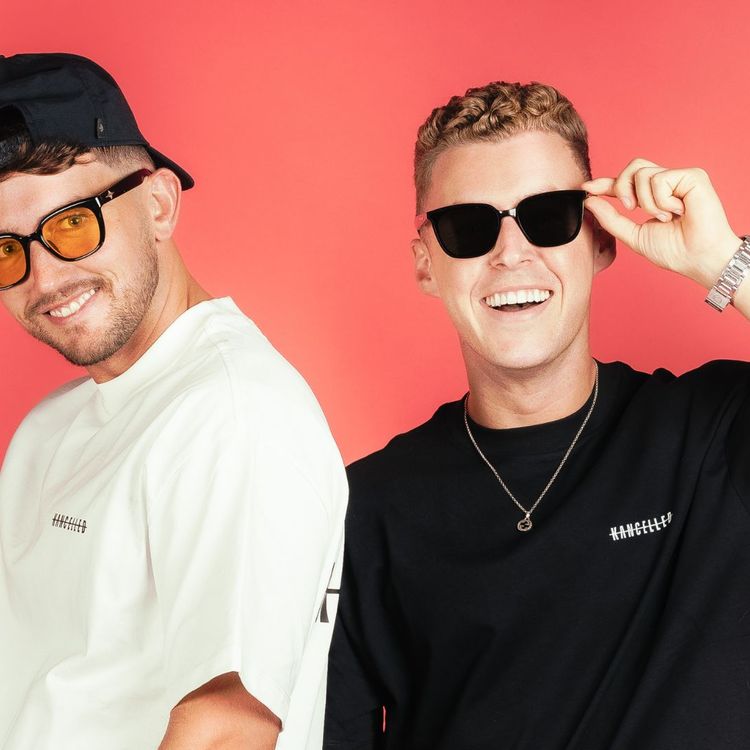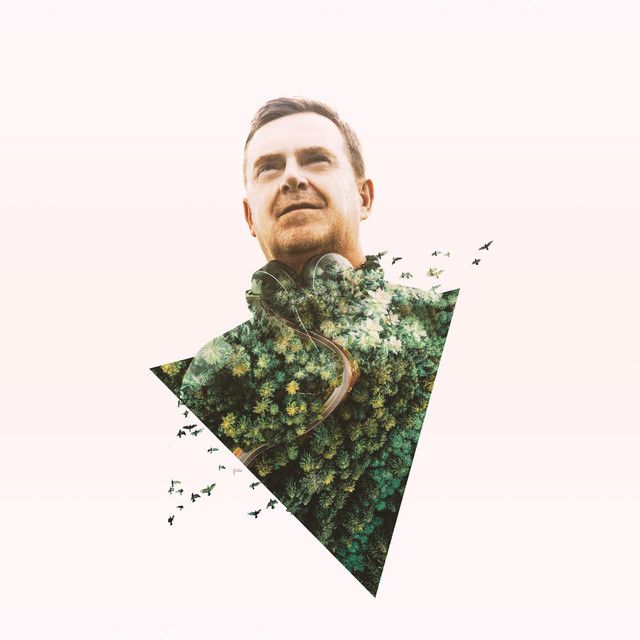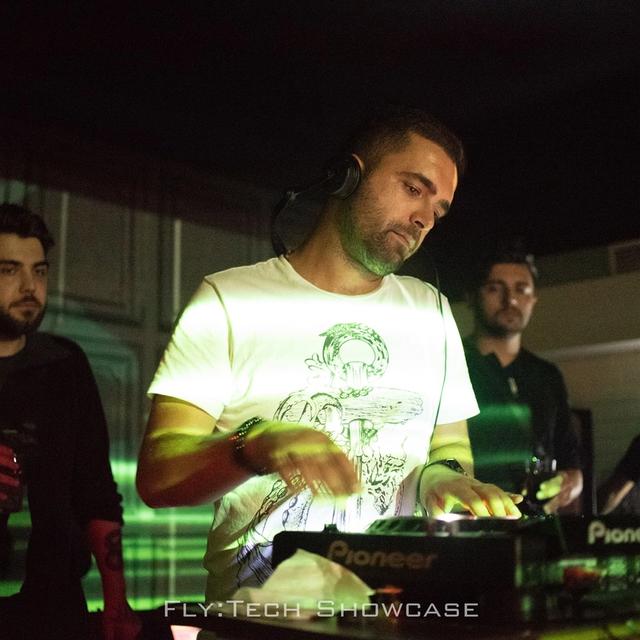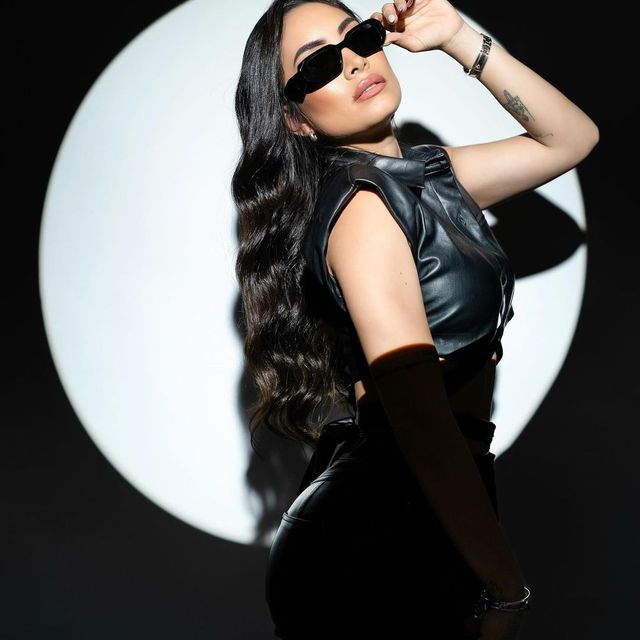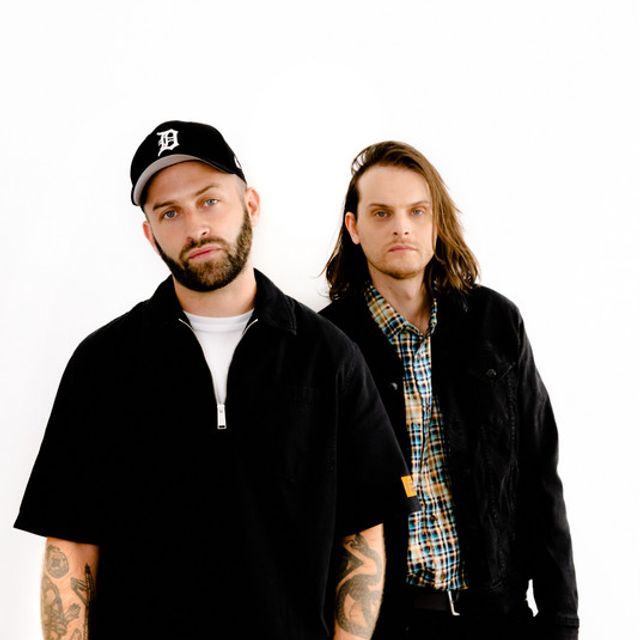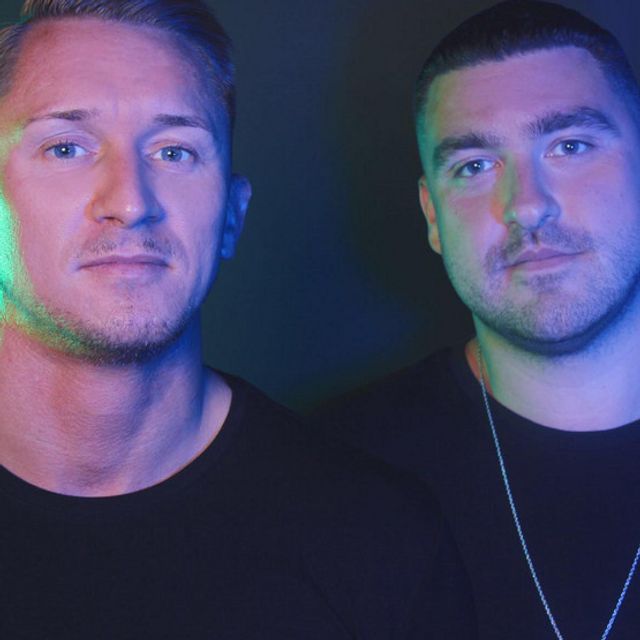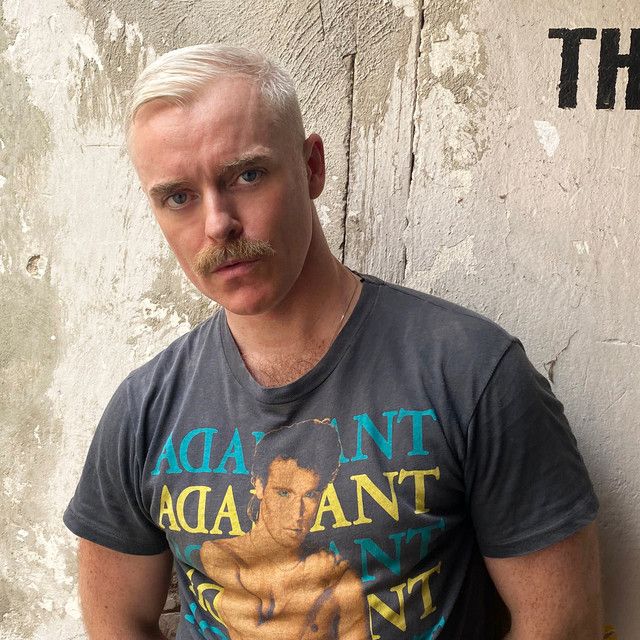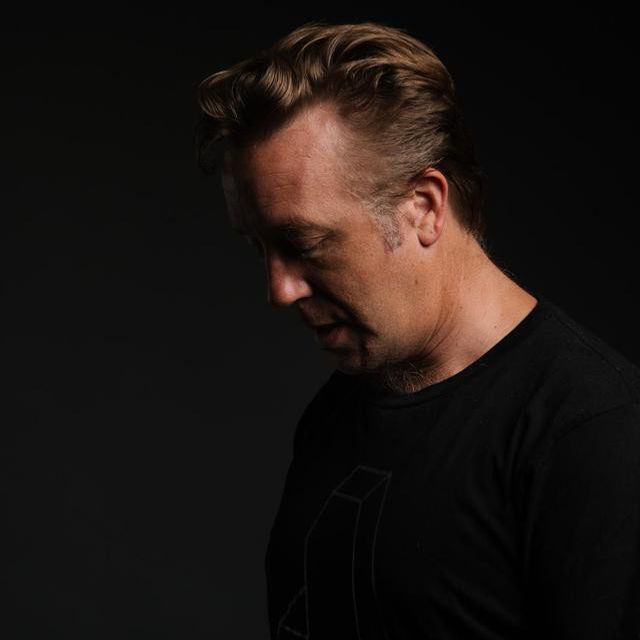Artist Spotlight
DJing came first for UK-born artist Doorly. He made his name as an uber-talented open format DJ, playing techno, electro, garage, D&B, and dubstep. His activity behind the decks is relentless. His technical skill is often described by peers as an old-school block party DJ using new school technology. The block-rocking style helped Doorly rise quickly. Much faster than he dreamed possible. In a genre, he was not terribly passionate about.
Doorly started promoting parties in his hometown of Huddersfield in the early 2000s. He built a thriving local fan base and used the events as an opportunity to book himself to DJ. At the time, UK dubstep was quite popular, and Doorly began making edits to play out live. He posted some of the tracks on Hype Machine (the 00s blog crawler that made the careers of countless blog era musicians), and before he knew it, he was at the top of the charts and was an in-demand dubstep DJ.
After many years of touring, Doorly knew that his heart remained in the world of house music. And to be taken seriously in the underground, he knew he had to leave dubstep behind. In 2008, he caught the eye of Pete Tong, who booked him as part of the BBC Radio 1 Essential Mix Tour. Being featured on the iconic radio show was a huge break leading to festival slots and an eventual move to the USA in 2012, where he could tour and pursue DJing full time.
Doorly has worked relentlessly to cement himself as a world-class DJ, event promoter, and Pioneer ambassador. Gray Area caught up with him to trace his journey in dance music.
You got your start promoting shows in the UK for Fatboy Slim and Annie Mac, to name a few. Can you tell us about that time in your life?
I look back at those formative years, and it puts a massive smile on my face. It was just raw good times. Social media was still pretty low-key back then, and we just wanted to make a party in my hometown of Huddersfield, where there wasn’t anything else going on. We created something really special there, a real community, and it’s something that I’m really proud of. I met some of the best people in my life through those parties.
At the time, I didn’t have a clue what I was going to do with my life. Those events and the magic moments that came from them showed me my path and that I could maybe do this music thing as a career. It all just started to snowball from there.
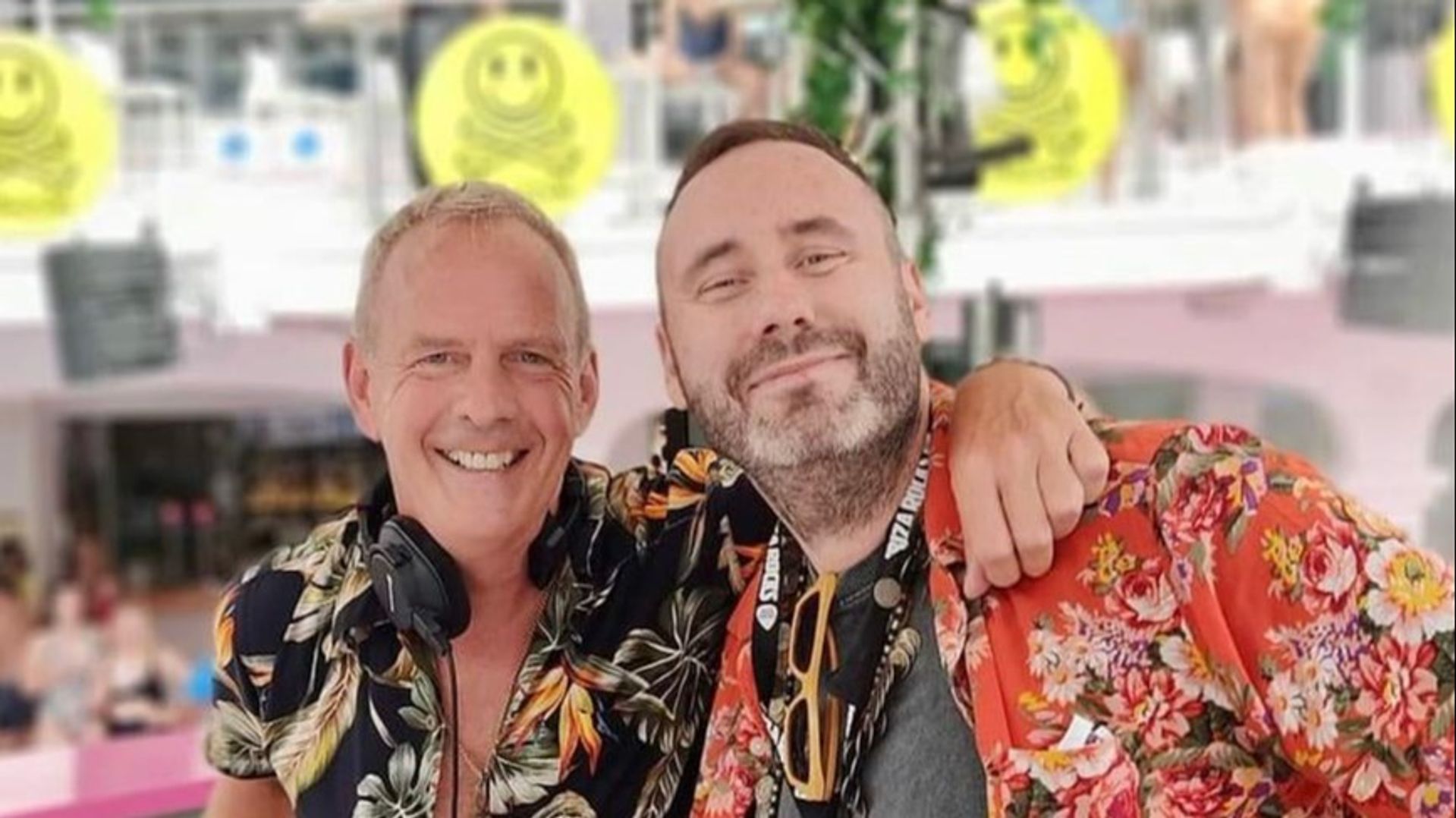
When did you first get into house music, and what pushed you to start putting on events?
Around 1998, There was a really healthy club scene in the north of the UK in our local cities of Leeds and Manchester, with brands like Hard Times bringing over all the legendary house DJs from Chicago and New York. So, me and friends would constantly travel to things in the cities. Then being a bit depressed that there was nothing in our hometown, we decided to put on an after-hours event one night, and the rest is history!
Over the years, your musical output has been tremendous and diverse. You’ve topped the Beatport charts with “Piano Weapon,” a more classic house track, while also putting out a dubstep remix of Kanye West. So why do you experiment with different genres?
The Dubstep thing happened by accident. I was always into house music and golden-era hip hop. I got really into turntables as soon as I started DJing. That way of Djing led me to play in front of more mixed genre crowds, sometimes at student nights and stuff. So when the whole dubstep thing started happening, I wanted to make some edits and tracks of my own that fit that style. I made a few and put them on a blog called the Hype Machine, which was huge at the time, and they went to number one. My career just blew up, and I was an international dubstep artist just like that.
It was terrifying as it wasn’t really where my heart was musically, to be honest. But I was young and enjoying the ride and places where the music took me. I went with it for a couple of years, trying to also do house music, but nobody took my house music seriously because of the dubstep. So, I just had to make the decision to stop doing the dubstep thing and focus back on house 100%, and it all started clicking back into place. I became much happier in my comfort zone. I don’t regret it, as I had some mad adventures in that world. But I’m so much more fulfilled now that I’ve learned to make music that I truly love.
In 2012 you moved to LA and continued where you left off in the UK, throwing big parties and building up your career. What prompted this move?
The music took me there. I was playing in LA a lot, and I just had the best group of friends and loved the city so much and still do. I think my heart is still in LA, and I would like to move back one day. I do miss it a lot.
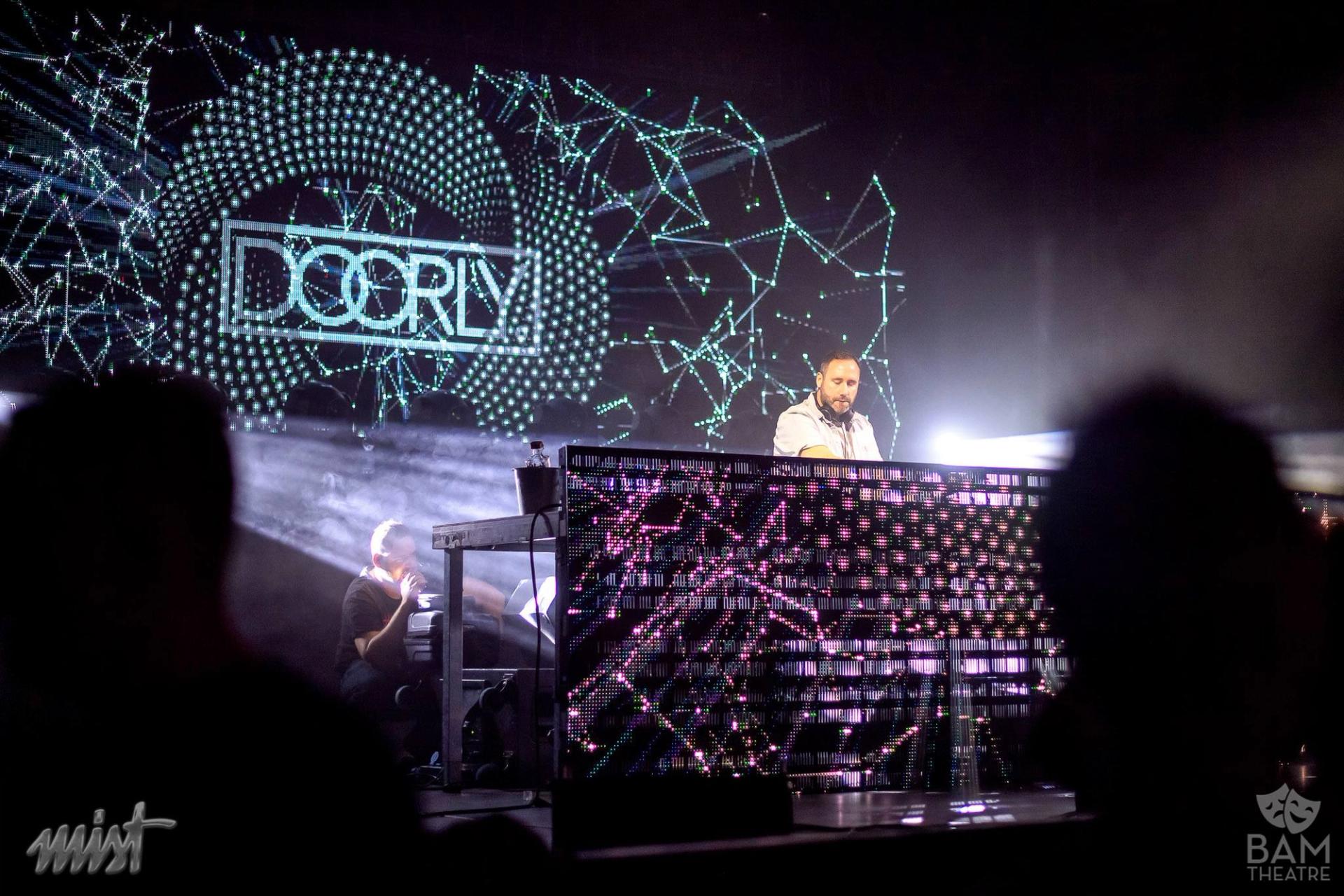
How was the transition from the UK scene to the US scene?
The transition was easy. My music benefited from it massively. I was happy moving from living in London at the time. I wanted to enjoy the sunshine, and the California lifestyle blew my mind.
The electronic music scene in the states has grown tremendously over the last 10-15 years. Do you feel that the scene is in a positive place?
Yeah, the scene is incredibly healthy now, one of the best in the world. It’s been amazing to watch it flourish. When I first came over, the dance music scene was very underground and not really for the masses like it is now. Then the big EDM explosion happened alongside the dubstep and bass stuff. It opened things up to much bigger events and much more of them in smaller markets where it wouldn’t have been possible before.
It’s been so great to see the kids who were into EDM trickling down into house music. Our scene has flourished as a result of that.
What are the main differences you notice now from when you first came over?
The scene In the USA is very positive. Artists are supported a lot more than in some parts of Europe, where things can occasionally be a bit pretentious and bitter at times. The crowds at festivals—at least the ones that I play at—are a lot more kind, mindful, and PLUR than most places in the world which is really nice to be a part of.
I mentioned the track ‘Piano Weapon’ before. It was your first Beatport #1 and certainly a signifier that your career as a DJ and producer was heading in the right direction. Did this feel like an event that opened doors for you? Or was it more of an indication of your establishment?
Yeah, that was definitely a big moment, one of so many that I’ve been fortunate enough to have in my career. It’s ironic that Shadow Child and I made that as a B-side. It took about three hours to make, and it just set on fire when we started playing it out. You can never predict which of your tracks will be the most successful.
As a DJ who’s been throwing parties for years now, you surely have been following the rise of artist-driven event brands and labels. Whether it’s Jamie Jones’s Paradise or Will Clarke’s label, All We Have is Now, it feels like every DJ has some sort of brand behind them. As someone at the forefront of this, what do you think shifted in the industry to allow this? Do you believe that the influx of artist-driven brands is a positive for the scene?
It’s a great thing, in my opinion, for artists to be able to express themselves without boundaries. I set my label up because when I’m producing in freaky mode, my tracks are too out there to fit on any of the usual labels I would release with. But I love them, and they feel more like me than anything else because I’m writing with my heart, not trying to fit into a box. So I set up my label as a home for them and other young artists that I love that needed a platform too. Of course, this means there’s so much more music to dig through, but the cream always rises to the top, and there’s plenty of room for everyone in this scene of ours.
You’re an ambassador for Pioneer and have often spoken of the need to be in tune with your technology as a performer. What do you appreciate about how technology has evolved, and do you miss anything about the old days?
I definitely don’t miss the old days. Belt-driven vinyl decks, awful sounding mixers, CD players with a 0.5-second start delay time, carrying four bags of records to a gig! I still carry vinyl with me but usually just that month's purchases that I haven’t had time to rip to .wavs yet. And because I still love the art and feel of playing vinyl. It often goes wrong because of the equipment letting you down or the stage not being stable enough. But I’ll never stop using it.
I do love all the advancements that Pioneer is making. I’m in love with the DJS1000 sampler. It gives me life when I play. The CDJ3000’s and V10 [mixer] are just insane. The Toraiz Studio range they have is incredible. The Squid is the centerpiece in my studio now, and the AS-1 bass synth is really tasty too. It will make Hybrid DJ / live sets so much easier because you can sync the DJS1000 to the CDJs on a LAN cable, then connect the Squid to that via Idol, which can control up to 16 synths. And it all stays in clock with the DJ setup. I feel like we are at a stage now where performance is absolutely limitless.
Your collaboration with Gene Farris and Rowetta, "Acid Hearts," is out on Desert Hearts Records. Can you talk about how that came to be?
I made both tracks in lockdown as I was in a bit of an acid house mood, and I wanted to make a few club bangers. I had some vocal samples in there as placeholders, and I played the tracks to Mikey Lion as I wanted to do something with Desert Hearts Records. I love the ethos of the brand and the output of the label.
He played them out and loved them, but there was something missing. I’m [also] trying not to use samples right now. So, I knew exactly what voices needed to be on each and hit up the two legends (and very good friends), Gene and Rowetta. They both turned in amazing contributions to the tracks, and I’m super happy with how they came out. They’ve been the biggest records in my sets on this last tour for crowd reaction.
Can you talk about the Desert Hearts community and what it means to California?
Desert Hearts is a religion in the states, it’s been inspiring as a promoter to watch the brand grow, and it’s got such wonderful energy. I’ve only been to one of the festivals a few years ago when I just wanted to go as a customer. It blew me away, so I’ve wanted to play ever since, so you can imagine how excited I am to be playing this next one. The venue looks absolutely incredible, and the lineup is top drawer! Bring it on! I can’t wait to see you all there!
Words by: Jonah Flint
